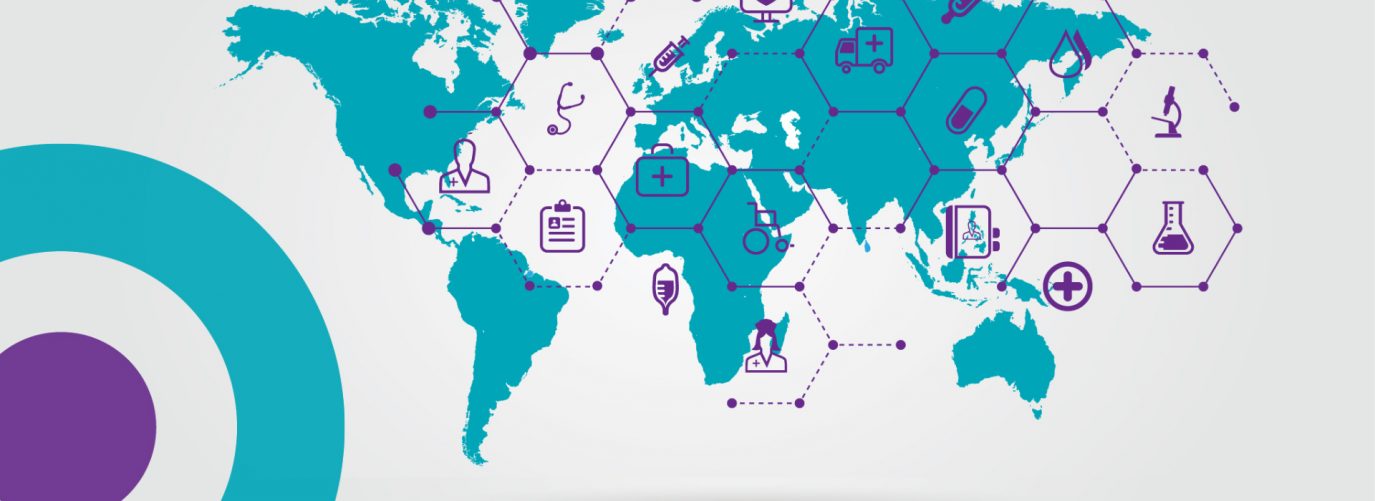
How can data sharing help in responding to a health crisis?
15 June 2018

There is great potential in data sharing, but its effectiveness may rely on standardised processes and data governance agreements.
In the current information age, public health data sharing has become increasingly important – and essential for developing policy.
Data are used for numerous reasons: to monitor the health status of populations, to target interventions, and to find solutions to increase the overall health of individuals. Governments use such data to allocate resources and to better understand and prioritise healthcare services to fit their populations’ needs.
At a global level, health data are used to understand the global burden of diseases, measure the progress of health and development agencies, and for research and technology development. In 2003, successful health data sharing helped to reduce the spread of severe acute respiratory syndrome (SARS). Public health data sharing also helped to control the 2009 influenza A (H1N1) pandemic. The benefits of data sharing are widely acknowledged and recognised. It can improve transparency, cooperation between sectors, cost efficiency and innovation.
Data sharing can improve transparency, cooperation between sectors, cost efficiency and innovation.
There is no international standard for data sharing
Despite the potential benefits of data sharing – and an apparent global commitment to the exchange and use of health data – it seems to face challenges in practice. There is no global, comprehensive structural framework or operational guidance on how to use and share health data.
Instead, there are many perceptions – and misperceptions – of existing laws. Lack of clarity regarding the application of data protection to various data-sharing arrangements creates both potential and real barriers in accessing, using and sharing public health data.
What are the barriers to data sharing?
Technical barriers may occur due to challenges with data collection or preservation, while there may also be language barriers as health data are almost always collected in the local language.
Motivational barriers are related to the personal or institutional motivations to share data. These may result from an absence of incentives to prioritise data sharing. Additionally, high opportunity costs (the cost of choosing one option over another and thus missing the potential benefit of the option not chosen) may limit the motivation and willingness to share data.
Economic barriers also create challenges in accessing, using and sharing health data. One example might be concern that potential health threats in a particular country – revealed through that country’s sharing of health data – could have a negative impact on tourism or trade. Lack of resources – either human or technical – can also create barriers. Political barriers, such as lack of trust between different stakeholders, could lead to barriers anticipated through concerns that data might be misused or misinterpreted. Meanwhile, restrictive policies also create challenges. Ethical barriers involve conflicts between the stakeholders’ values and moral principles.
What needs to change?
In practice, the exchange of health data relies on local, national and regional solutions. The need to share health data often arises as a response to a specific disease, which creates narrow policies and barriers.
Ideally, data sharing should be based on trust and transparency between all actors involved. This is built through dialogue and communication. To achieve a positive response, the values and benefits of data sharing must be clearly understood. Incentives should be created to increase willingness to share data.
Data sharing can be crucial in responding to health crises around the world. But for it to be effective, there must be some level of standardisation. Only by including all actors involved in the process is it possible to secure buy-in, build a legal framework and establish data governance agreements that support data exchange in health through political commitment and development. Standardised sharing, system development and useful tools to share health data will be fundamental.
Katarina Beyer is a former Associate Researcher for The Health Policy Partnership.


